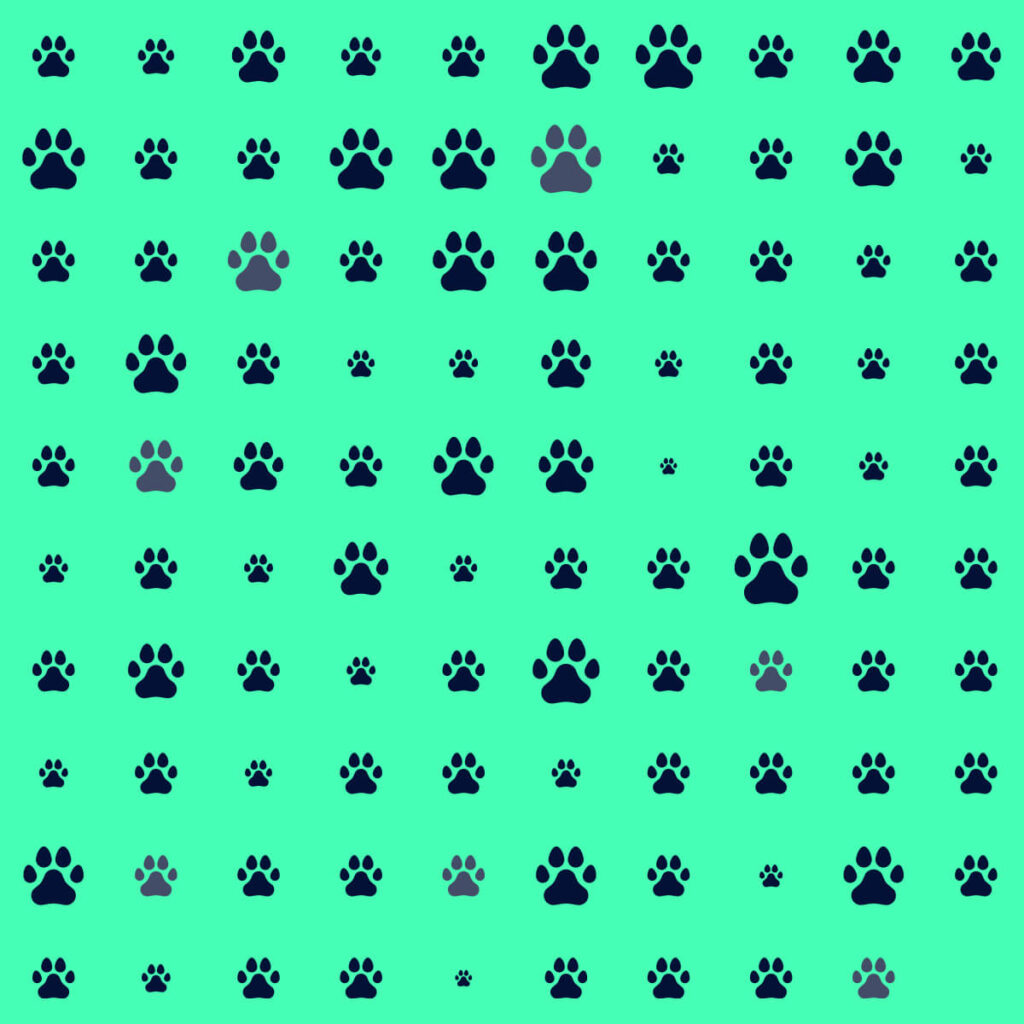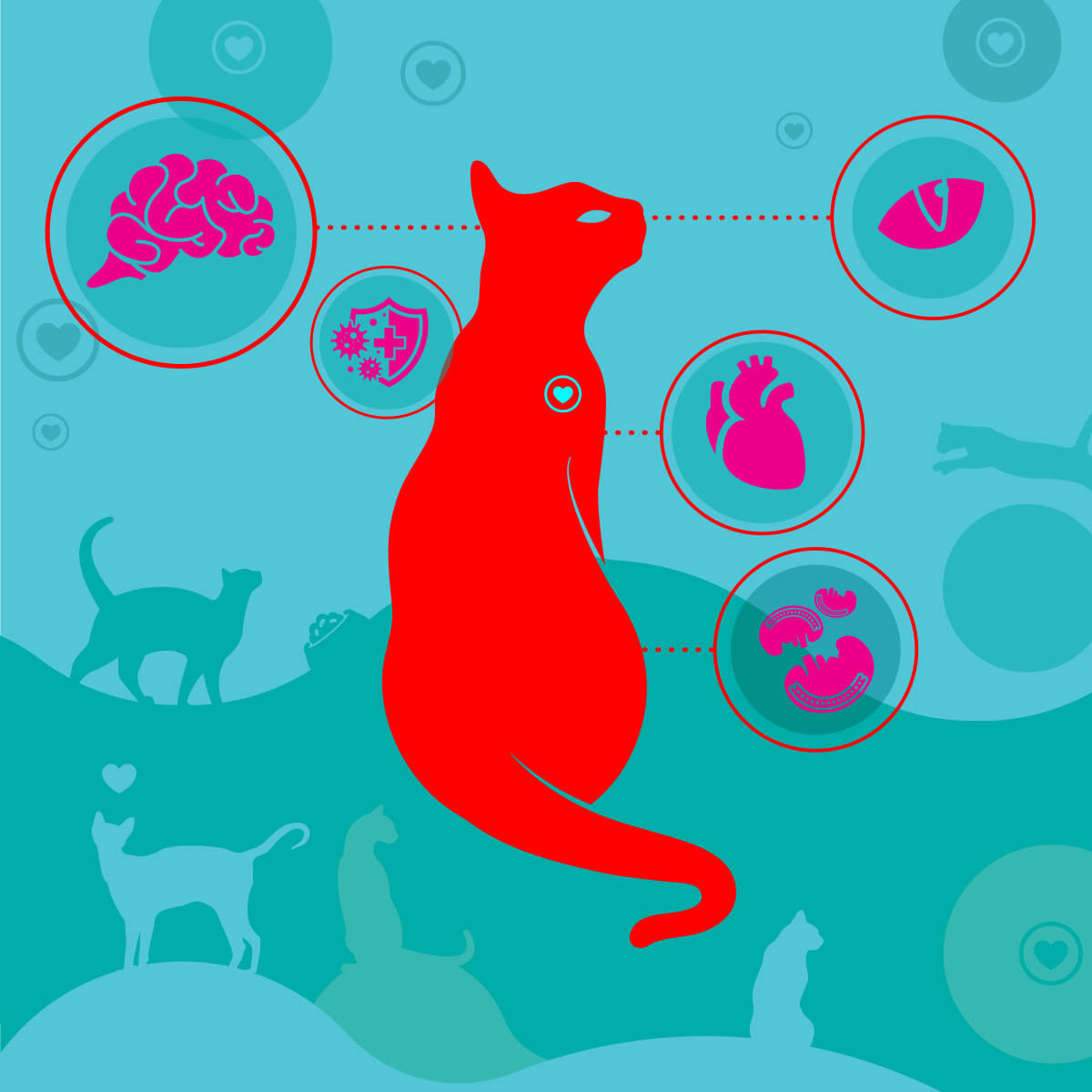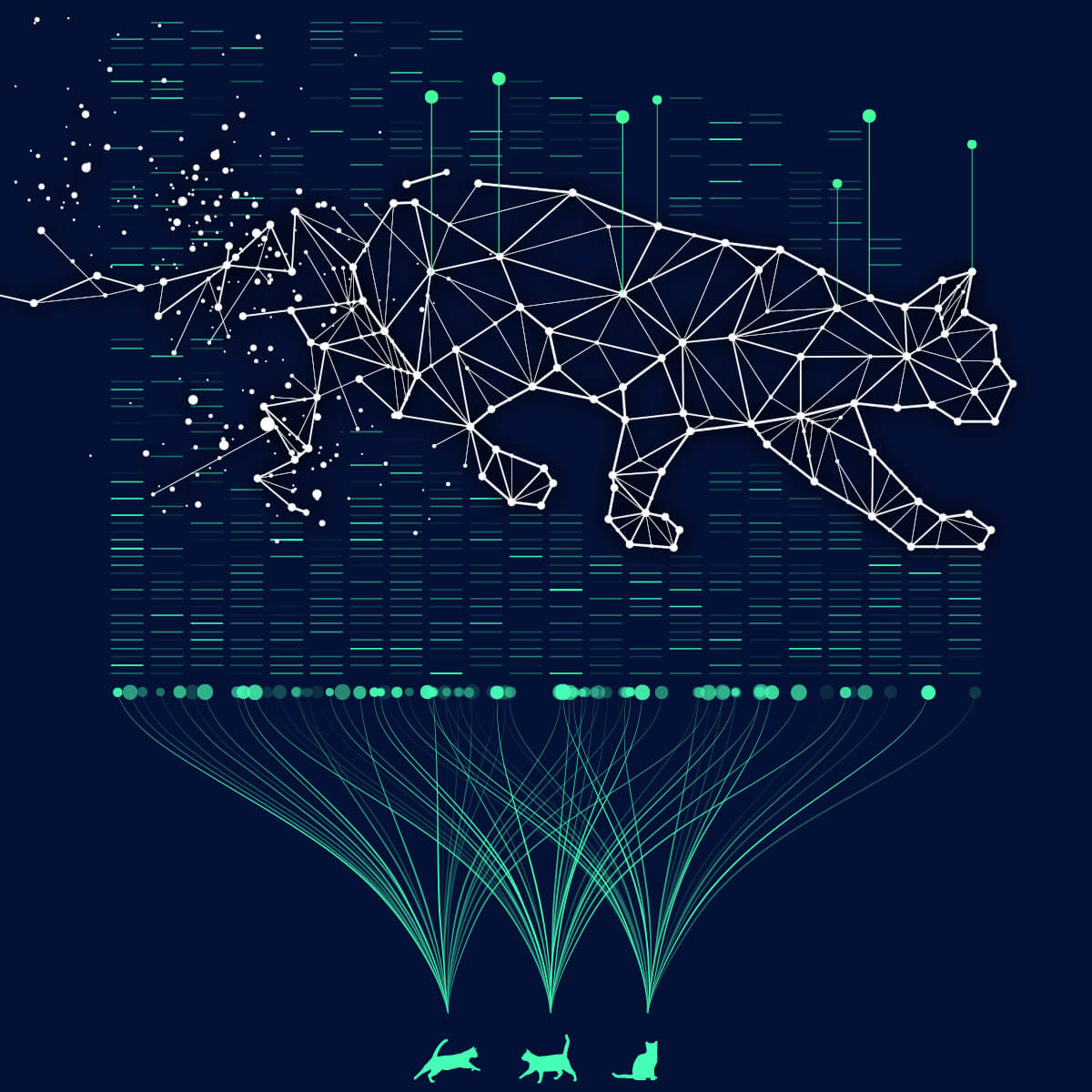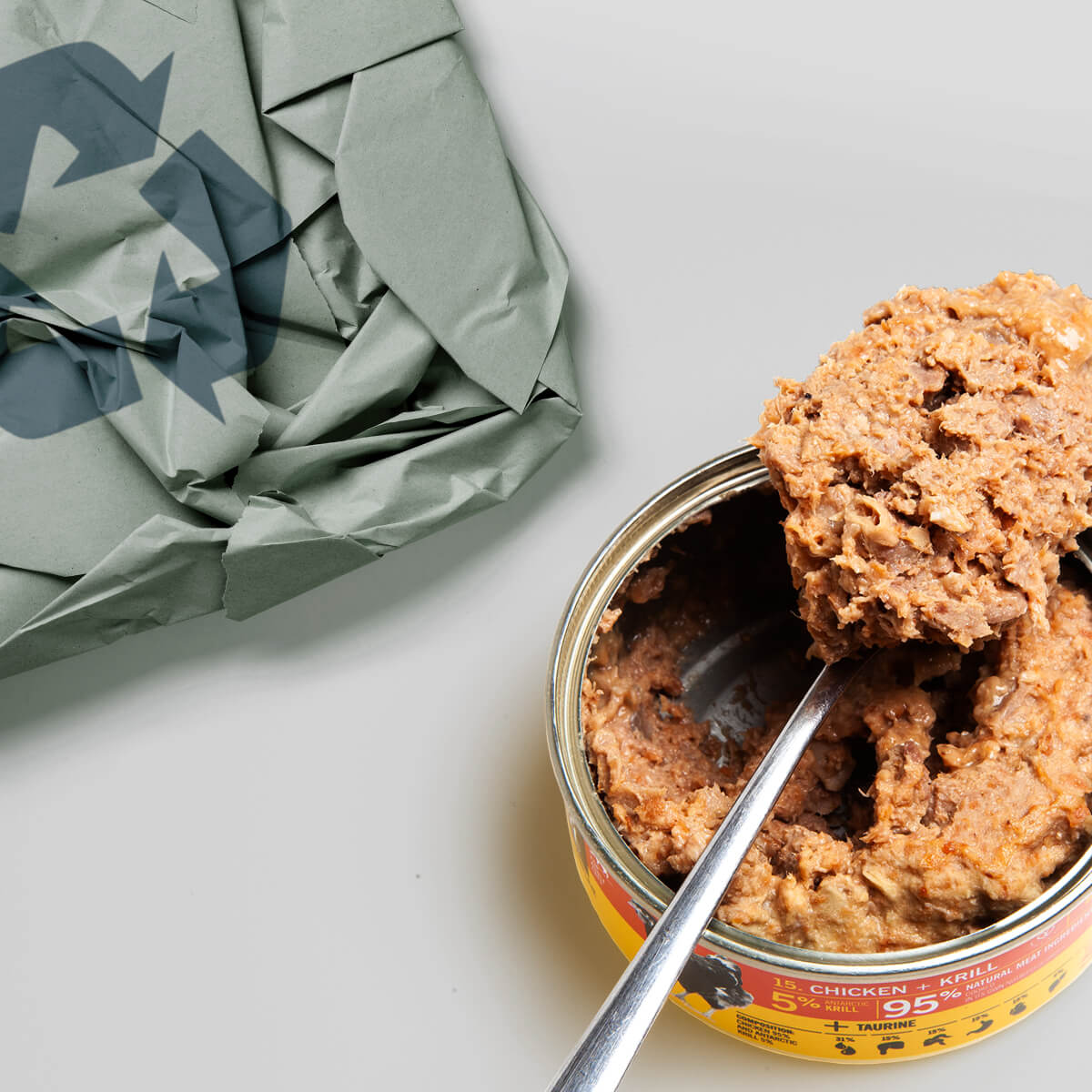How a global feline genome project is changing the future of cat health
The year 2007 and an Abyssinian cat called Cinnamon mark the first time a cat’s genome was sequenced. This event opened the door, and the 99 Lives Cat Genome Project kicked it wide open.
Launched in 2012 and still ongoing, the 99 Lives Cat Genome Project is an international effort to sequence the DNA of cats from around the world. It began with a simple but ambitious goal: to sequence the genomes of at least 99 domestic cats of various breeds and origins. But what started with 99 has since grown far beyond.
Led by the University of Missouri, with collaboration from researchers, veterinarians and cat owners worldwide, the project has now sequenced the DNA of hundreds of cats. The result is the most comprehensive map of feline genetic diversity ever assembled, and it is transforming everything from disease diagnosis to breed research and even the way we think about feline nutrition.
Thanks to 99 Lives, researchers have identified dozens of disease-causing mutations in cats, including those linked to heart conditions, retinal degeneration, anaemia and more. This knowledge is already being used in veterinary labs to develop more accurate genetic tests, helping breeders and vets detect issues early and make informed decisions.
But there is more. By understanding the full feline genome across different populations, scientists are learning what makes cats tick, including the genes responsible for coat colour, muscle structure, metabolism, behaviour and dietary needs. It confirms what we at 3coty® have always believed: cats are biologically unique animals with biological needs to match.
Understanding a cat’s genetic blueprint also deepens our insight into feline biochemistry. The more we know about how cats metabolise nutrients, detoxify additives or fail to process carbohydrates, the clearer it becomes that obligate carnivores require a meat-based diet not only to survive but to thrive. At 3coty®, our commitment to meat-only nutrition is grounded in this molecular truth.
Insights from projects like this help us feed more wisely, care more thoughtfully and recognise our cats not merely as pets but as finely tuned carnivores with unique biological needs.
Every cat has a story written in its DNA. We chose to listen. Want to tell us yours?
![]()
Did you know? The 99 Lives Cat Genome Project has sequenced DNA from hundreds of domestic cats, not just pedigree breeds but also rescue cats and street cats from around the world. These samples help researchers study genetic diversity, identify mutations and even link certain traits to regional ancestry.






